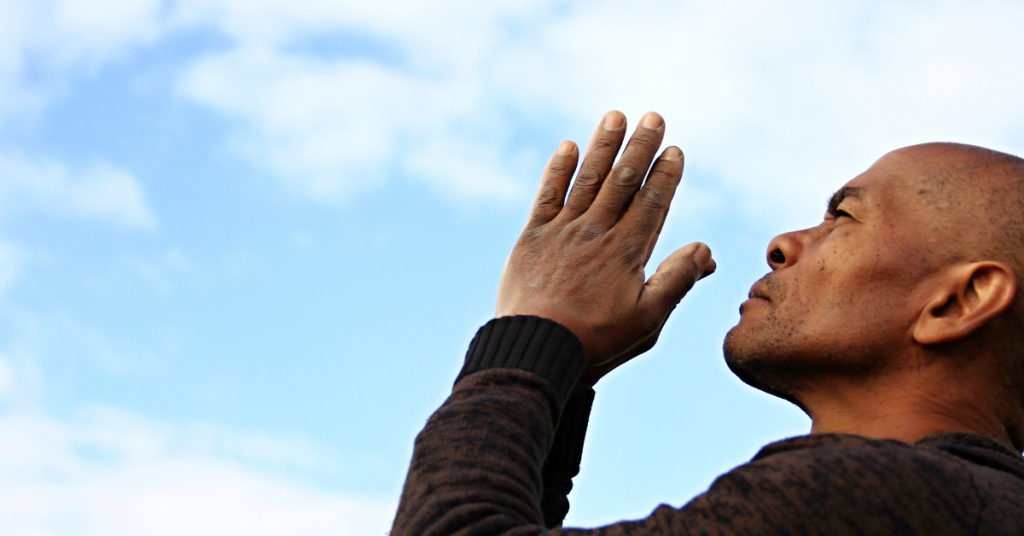The Covid-19 pandemic has altered our lives, causing infection, loss, social isolation, financial strain, and/or mental health issues for many.
So, it’s no surprise that people are turning to religion and spirituality to find hope and make sense of these times.
A religion is an organized, community-based system of beliefs, while spirituality is often an individual practice used to gain a deeper understanding of self.
Each can help practitioners develop a deeper connection to a higher power (if that is a path they choose) or gain a better understanding of not only themselves, but the world around them.
Whatever the case, there is substantial evidence that having a religious or spiritual practice can provide an array of benefits that improve wellbeing. Here are six specific ones:
People engaged in a spiritual or religious practice tend to be happier.
This 2019 report from the Pew Research Center substantiates this point: It found that people who are active in religious congregations tend to be happier and more civically engaged than those who are not affiliated with a religion or are inactive members of groups. Additionally, individuals with active spiritual or religious involvement tend to have lower rates of depression and are less likely to commit suicide.
Spirituality emphasizes personal growth and empowerment.
A self-directed spiritual practice can empower the practitioner to take charge of their personal growth. As this Psychology Today article states, “Spirituality can be considered to be a path toward self-actualization, because it requires people to focus on their internal values and work on becoming a better individual.”
Religion and spirituality offer community and belonging.
Religion can offer social connection, a sense of belonging, and most importantly, a safe space to engage, according to the National Alliance on Mental Illness (NAMI). The same can also be said of spiritual practices, especially those of African origin. As this one report points out, Black people who turn to African spirituality often find liberation, healing and community in those spaces.

Religious practice has been linked to better heart health.
According to a Mayo Clinic study, religious involvement has been linked to less cardiovascular disease, lower blood pressure, and less hypertension. Researchers have also found that people who are religiously involved tend to exercise more, have proper nutrition, smoke less, and even use their seat belts more – behaviors that extend life.
A spiritual practice centered on mindfulness can help boost mental functioning.
Because various spiritual practices emphasize mindfulness and self-reflection, practitioners can realize benefits such as improved focus, memory, and stress reduction. Researchers also found that “mindfulness meditation practice helped people disengage from emotionally upsetting pictures and enabled them to focus better on a cognitive task…,” according to a study published by the American Psychological Association (APA).
Religion offers solace to believers by offering ritual and structure.
Established religious practices can provide believers with ritual ceremonies to deal with situations like the loss of a loved one. Religious practices and teachings can provide structure, regularity and predictability to deal with the uncertainties of life, states NAMI.












